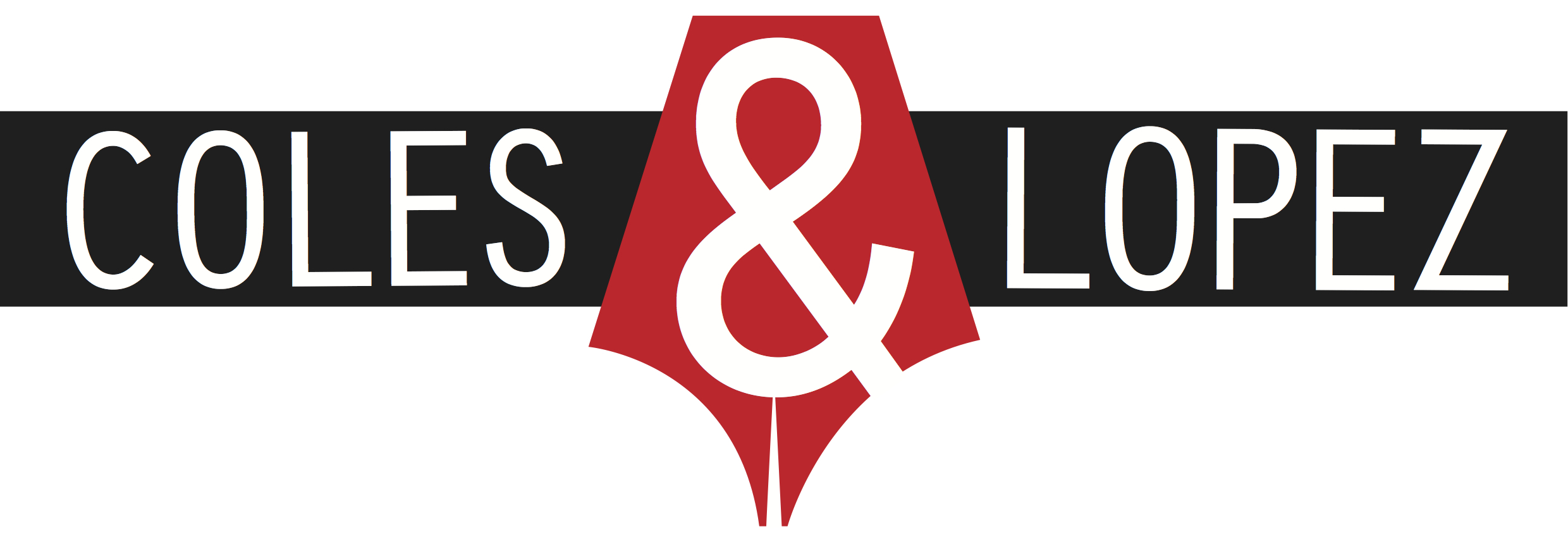Please allow me to introduce “myself”
Yesterday, I was listening to a podcast, as I am wont to do. At the end, the host said, “This episode was produced by Tina Typo*, Ernie Error* and myself.”
I flinched. The incorrect use of “myself” is a pet peeve of mine. It is especially unfortunate because people tend to do it with the best of intentions, usually when they’re trying to sound professional or polite.
Check your use of "myself" before you wreck your professional credibility.
It might be in a work meeting, when your manager is making an announcement: “If you have any questions, please feel free to talk to John or myself.”
Or during a thank-you speech: “John, you’ve been a huge help to people like myself who struggle with new technology.”
There seems to be a widely held belief that “myself” is just a more formal version of “me”.
In fact, “myself” and “me” are never interchangeable. To understand why, let’s look at a basic sentence structure: subject + verb + object. The subject is the thing doing the action. The verb is the action itself. The object is the thing to which the action is being done:
Tina (subject) reads (verb) a book (object).
In some sentences there are two types of object, direct and indirect. If someone or something “gets” the direct object, then that someone or something is the indirect object:
Tina (subject) gives (verb) the book (direct object) to Ernie (indirect object).
So how does “myself” come into it? The subject and object of a sentence will fall into one of three categories: nouns (Tina), noun phrases (the book) or pronouns.
“Myself” and “me” are pronouns, which are used to stand in for nouns or noun phrases. We could rewrite the above sentences using pronouns (in bold):
Tina reads the book. ———> She reads it.
Tina gives the book to Ernie. ———> She gives it to him.
There are many types of pronouns. “Myself” belongs to a category called “reflexive pronouns”. They are easy to remember, because they all end in “-self” or “-selves”: “yourself”, “himself”, “themselves”, etc. Reflexive pronouns are only ever used to stand in for the object of the sentence, not the subject.
This is the really important part: We only use reflexive pronouns when the subject and object of a sentence are the same.
Here are some examples of reflexive pronouns used correctly, taken from pop culture:
Love yourself. —J. Bieber
I hurt myself today. —T. Reznor
Check yo’ self before you wreck yo’ self. —I. Cube
You can now see why the examples I gave at the top of this blog post are wrong.
In the case of the podcast host who said, “This episode was produced by Tina Typo, Ernie Error and myself,” the subject (this episode) and the object (the host) are not the same. He should have said “produced by Tina Typo, Ernie Error and me”.
When your manager invites you to “talk to John or myself”, the subject (you) and the object (your manager) are not the same. She should say “talk to John or me”.
And the person thanking John for his technological nous should say “people like me”, not “people like myself”, because the subject (people) is not the same as the object (me).
Sometimes, as in the first two examples, it helps to imagine the sentence without the other objects. It sounds (and is) wrong to say “This episode was produced by myself” or “feel free to talk to myself”. However, this test doesn’t apply to the third example, because it only has one object to begin with. Also, sometimes we get so used to saying and hearing something the wrong way that the wrong way begins to sound right.
An exception
There’s always one, isn’t there? Usually, we use reflexive pronouns as the object of a sentence when the subject and object are the same. The only other time we use them is alongside another pronoun, for emphasis:
I solved the riddle myself!
It has to be true – she told me so herself.
And he … HE HIMSELF! … the Grinch carved the roast beast!
In a nutshell
Sentences have a subject (the doer) and an object (the receiver). If the subject and object are the same, a reflexive pronoun (eg “myself”) should stand in for the object.
Got it? Give yourself a pat on the back. Now, I’d better excuse myself. This book isn’t going to edit itself!
*Names have been changed to avoid online-bullying one of my favourite podcasts.

